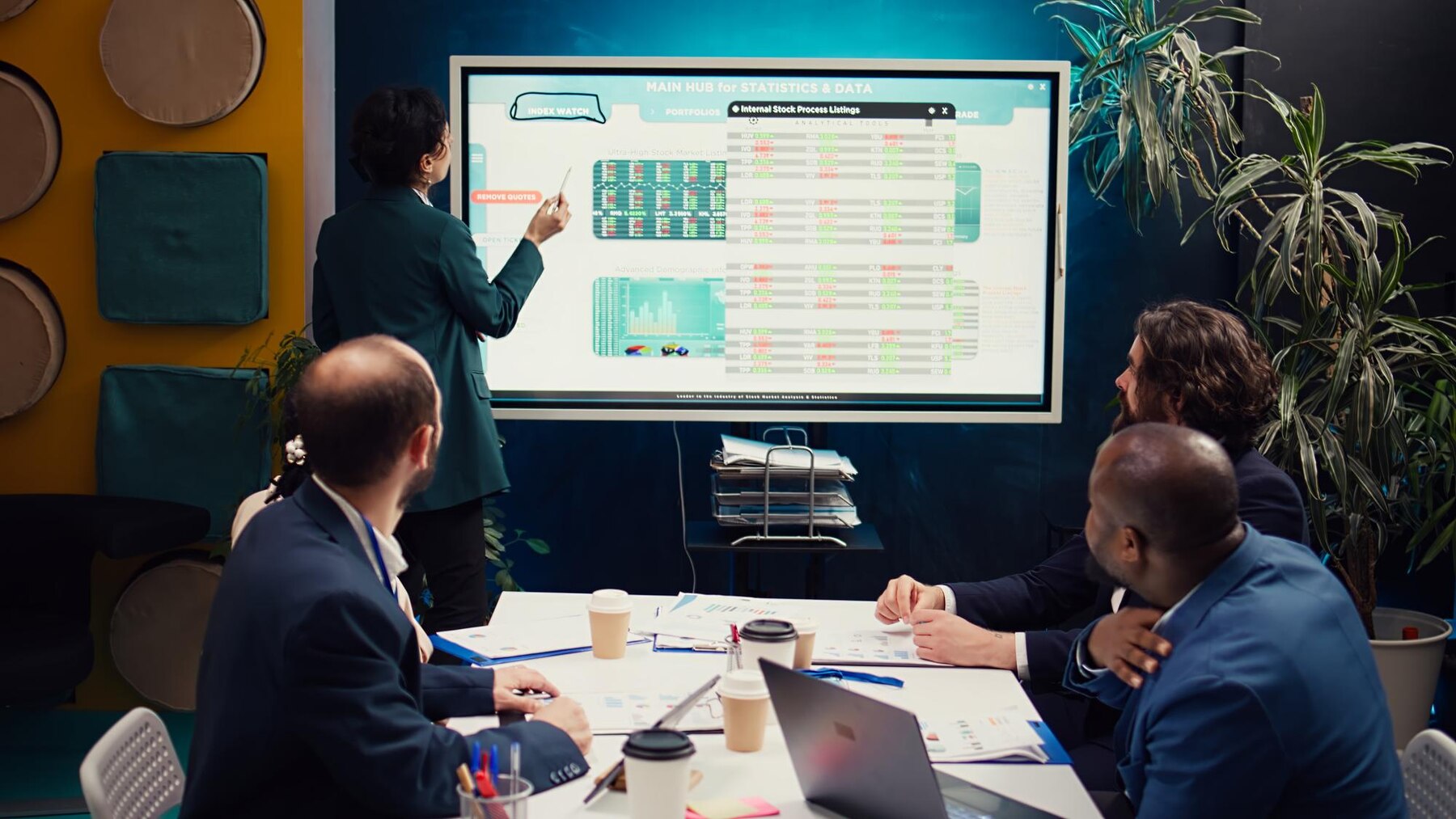
Industry Focus
Understand the overarching theme, industry focus of the conference. It should align with the broader goals of the conference. The conference theme and purpose are foundational elements that define the direction and goals of the event. The theme of a conference refers to the entire event is organized professional, technological.









